Director's Welcome
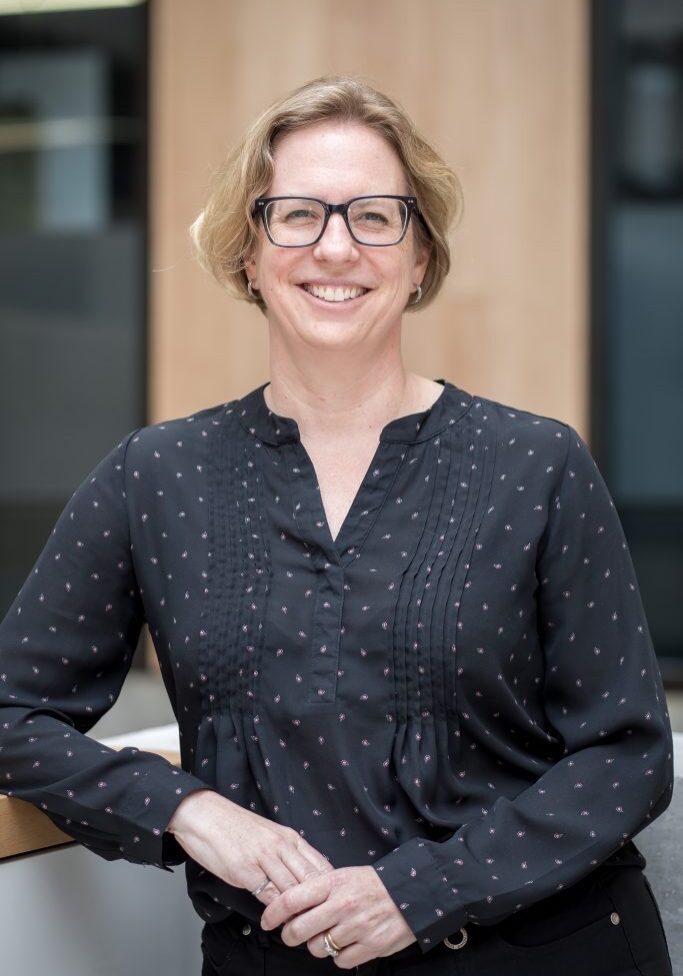
At Troost ILead, our programs have always been interactive, discussion-based, and in-person. When COVID-19 shut everything down in March, the switch to an entirely virtual model was both an immense challenge and a rare opportunity—to re-think what we believe is possible for us.
As we pivoted to online, we discovered our reach expanded, no longer limited on how many people we can fit in a room. The fiercely positive response from our students and partners has been incredible.
Even this year’s annual review hasn’t been spared from re-examination; it is for the first time a fully digital experience, available to anyone, anywhere.
In the academic year of 2019–2020 we deepened our impact across the Faculty and beyond. We reached more students, published more papers, and led more industry workshops than ever before.
Engineers with their disciplined approach to problem solving are needed now more than ever, whether they work in health care, mission-driven startups, or multinational corporations.
This is why we champion engineering leadership.

Professor Emily Moore, PhD, PEng, FCAE
Director, Troost Institute for Leadership Education in Engineering
Year in Numbers
COVID-19 challenged us to maximize our use of technology in order to continue delivering community-driven experiences.
Faculty and instructors rebuilt their courses for online delivery. Researchers gave virtual presentations at conferences. Leadership educators reimagined programs to engage participants around the globe.
We’ll be the first to acknowledge how difficult it can be to build community and engagement entirely online. But we accept the challenge and will continue to facilitate human connection and to disseminate our research findings to scholars around the world.
Note: group photos in this annual review were taken prior to social distancing restrictions took effect.
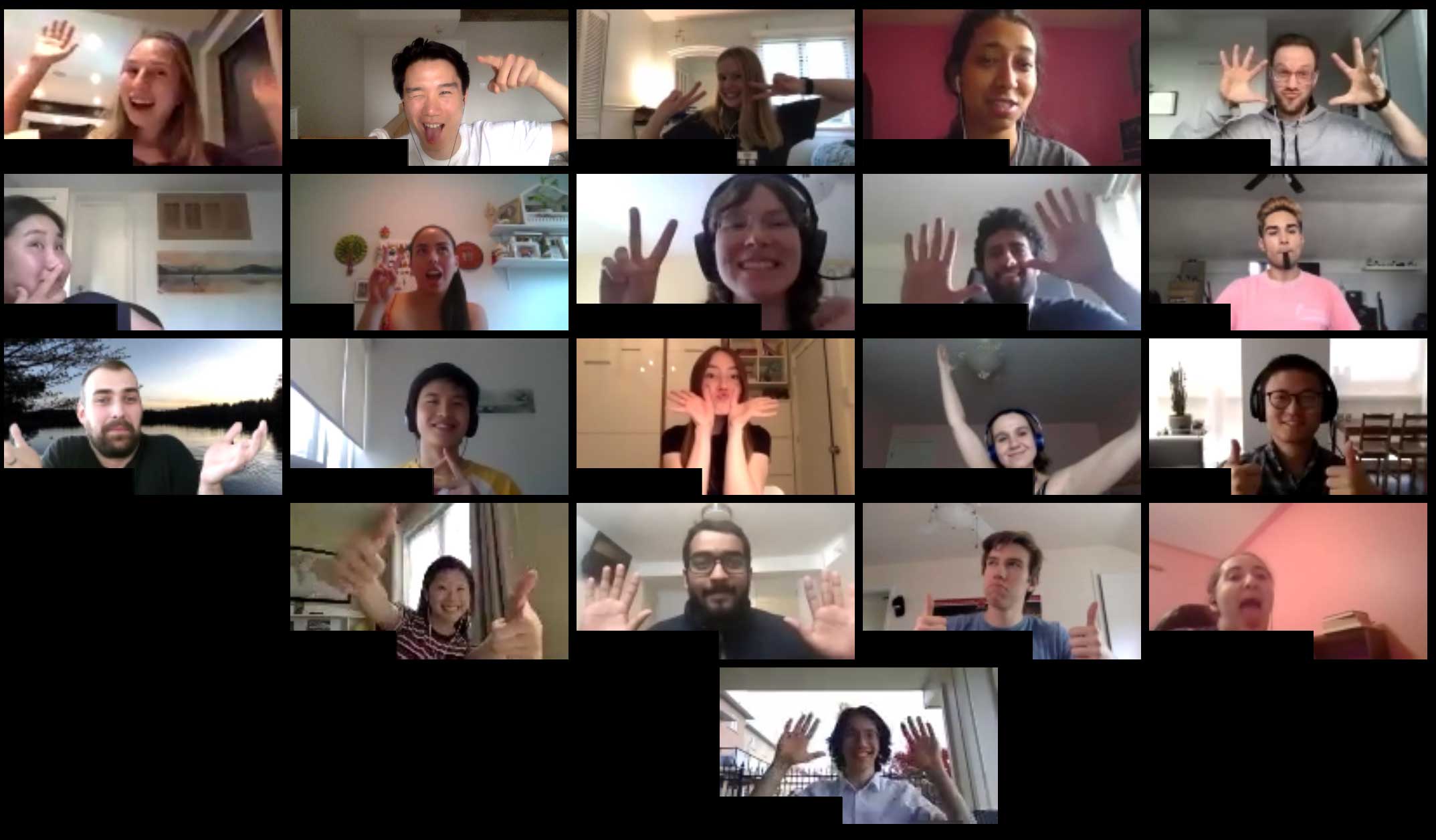
Enrichment programs for everyone
To help students choose the right enrichment co-curricular programs for their needs, we segmented these programs into four levels of intensity and time commitment. The playful, aquatic metaphor helps students understand how they can get their feet wet with our programs and progress on to more in-depth learning opportunities.
Hover over or tap the cards below to learn more.
Drop-in workshops demand just 90 minutes of a student's time. These include the Leadership Labs, professional development and exploration workshops, as well as community events designed to attract large numbers of students for accessible engagement.
Cohort programs allow students to engage more deeply, requiring between 8–25 hours. Offerings include full-day or weekly programs that tackle specific leadership concepts.
These programs target students who hold leadership positions in student clubs and require 8–25 hours of commitment. Offerings include a crash course on managing people and teams in a student club context, customized one-on-one club support, and the Summer Fellowship program.
Students who take Troost ILead courses, which require 40+ hours of commitment, are considered to be taking the plunge in leadership learning. These courses are challenging, immersive, and rewarding.
More about Quick Dips
Troost ILead delivered signature events throughout the year that served as spaces for community-building among students, alumni and industry partners. We saw strong attendance at our Mocktails & Mentors speed networking event, our Digital Detox Dinner run by Dr. Robin Sacks, and our newly launched Real Talk series that explored tough topics.
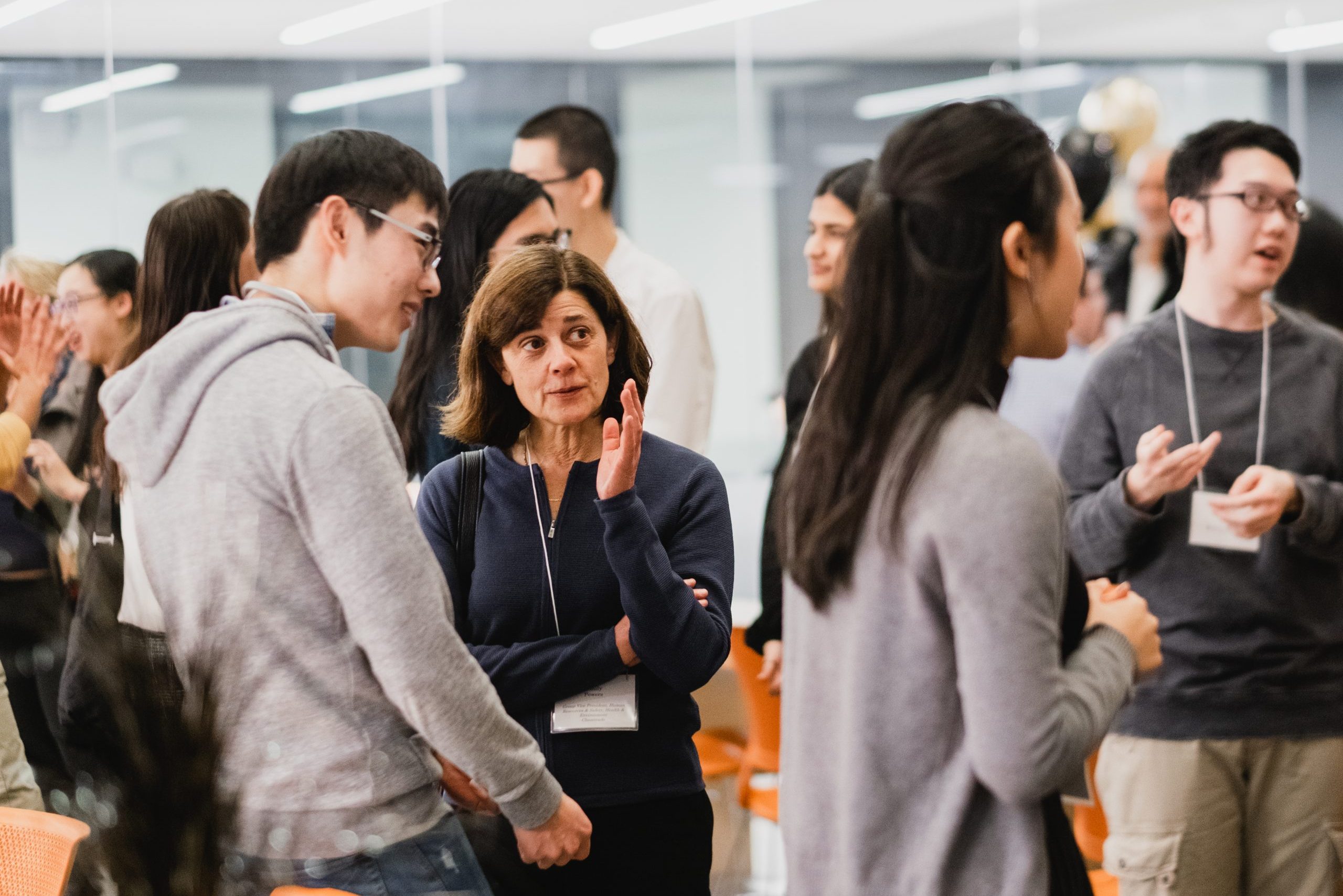
More about Deep Dives
We designed our Deep Dive workshops for students wishing to go beyond introductory leadership concepts by exploring specific topics over a longer period of time. These workshops, with titles such as “The Secrets of Who I Am” and “Design Your Life,” allow students engagement in nuanced career exploration and self-discovery.
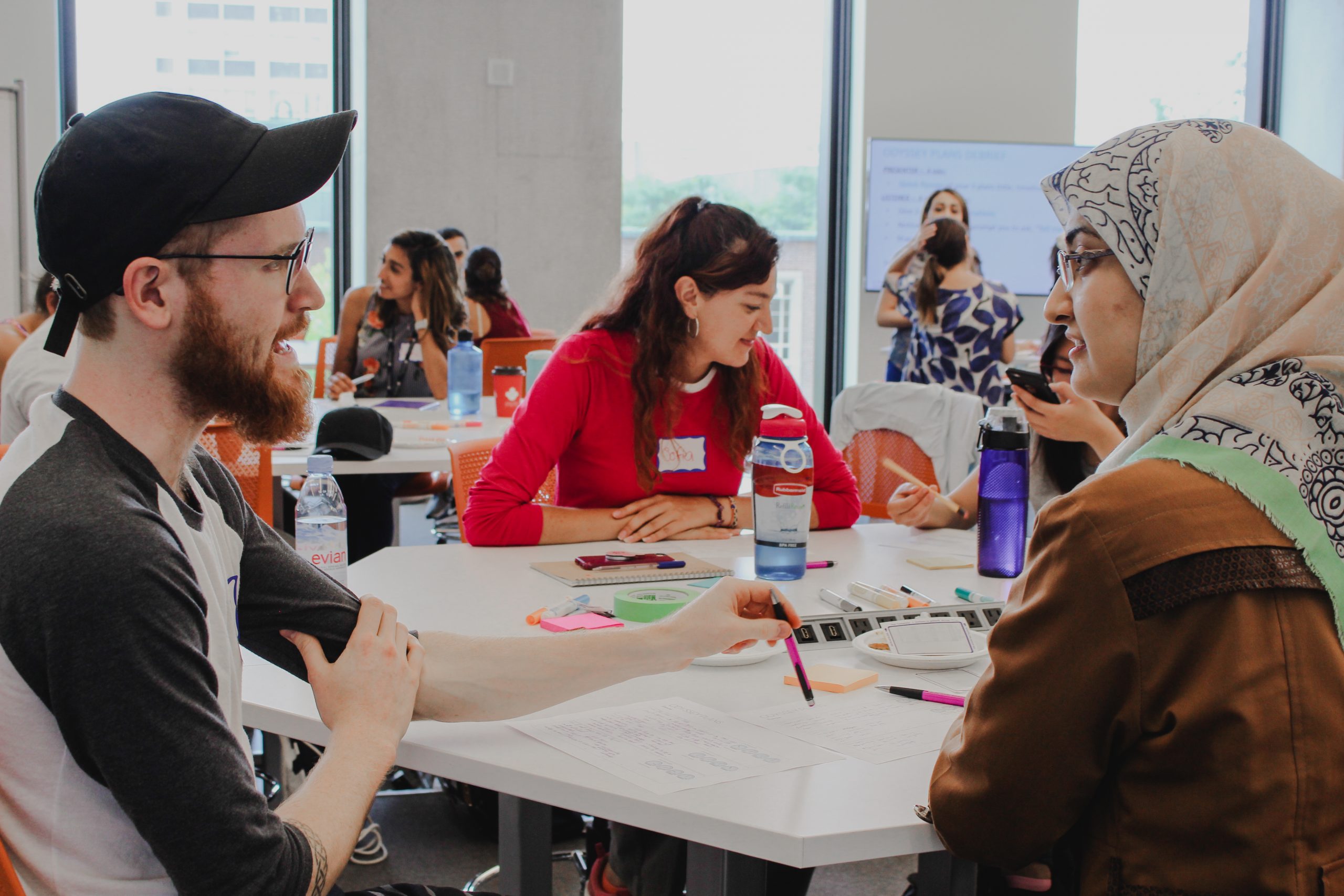
This year 665 students enroled in our 13 courses.
This course [Engineering Leadership] gave me a great new perspective on how I can work with people and teams. One lesson that really stuck with me is that collaboration is just as crucial as vision. Steps have to be taken with consensus. It provides a social perspective to our highly technical education by being more aware of ourselves and how we work with other people. We can actually take dedicated steps to improving our team processes.
—Prachi Sukhnani, EngSci 2T2, on her experience in TEP343: Engineering Leadership
We hear from students that their in-class experiences with us are distinct, strong complements to their technical training. ILead now offers seven undergraduate and eight graduate courses on engineering leadership. Two of our undergraduate courses are cross-appointed with the Engineering Communication Program (ECP), which allows students to count credits towards a certificate in engineering leadership or communications. One of our newly added ECP courses is Professor Rob Irish’s “Language and Power.”
3,500 students used Professor Patricia Sheridan's Team-effectiveness Learning System (TELS) software to learn better teamwork and leadership skills.
Last year, we reported that our effort to integrate teamwork and leadership learning into core Engineering reached 100% of First Year students. This year, we expanded TELS beyond the Faculty to include courses in the Department of Computer Science. In 2019–2020, 15 courses used TELS, reaching approximately 3,500 students.
We’re encouraged that uptake of the software continues six years after its launch. We believe faculty members are learning that teamwork and leadership skills are equally as important as technical skills, and that Troost ILead provides the expertise to develop and deliver curriculum that supports these skills.
Professor Patricia Sheridan, who developed TELS and teaches TEP343: Engineering Leadership (formerly APS343) along with Professor Emily Moore, sees the impact it is having. In her classes, she sees students begin to ask "How do I learn to learn?" and acknowledge that diversity makes their teams stronger.
We are seeing positive ripple effects. More departments wanted to bring TELS into class work, more students were interested in taking courses that use TELS, and more researchers expressed interest in TELS-related scholarship.
Expanding OPTIONS for graduate students
We expanded our OPTIONS Program by supporting MEng and MASc students this year, growing our Cohort Program to 60 participants.
The OPTIONS program broadens the career horizons of graduate students and post-doctoral fellows—helping them to succeed in non-academic trajectories. In September 2019, we expanded OPTIONS to support MEng and MASc students in addition to PhD students and post-doctoral fellows.
The Cohort Program, which takes a group of participants on a structured journey of self-awareness development and career exploration, was offered to 30 PhD students and post-doctoral fellows in Fall 2019, and—for the first time—to 30 MEng students in Winter 2020.
The MEng cohort shifted online in March as a result of the widespread lockdown. Our team of instructors rapidly transformed the experiential program to suit the virtual environment.
In addition to the Cohort Program, the Complementary Events are discrete workshops taking place throughout the year and target graduate students and post-doctoral who want more flexibility and less time commitment. This year’s suite of events included full-day sessions on Stanford University’s Design Your Life and The Search Inside Yourself Leadership Institute. We reached 685 participants at 13 complementary events in 2019–2020.
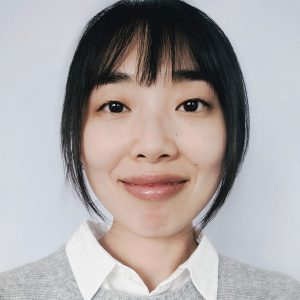
The OPTIONS program provided an encouraging environment where a community of PhD students and post-docs could learn how to leverage our skills to effectively transition from academia into industry. In addition to learning practical skills for networking and interviewing with industry professionals, we also identified and discussed our own leadership styles and experiences in smaller groups. This was a great time to introspect, to learn how people work differently, and to put our soft skills into practice.
Charissa Poon, PhD (BME)

The OPTIONS program offers a chance of self-discovery. The program has made me aware of the various tools required to get a job. We take courses to obtain the technical skills required for the job, the OPTIONS program provides a mini-course on how to get the job in a competitive job market.
Ibrahim Shodeko, MEng (MIE)
Research: In conversation
What has surprised and delighted me personally over the past eight years has been the professional satisfaction I have derived from interdisciplinary partnerships with engineers. As engineers and social scientists grapple with practical and intellectual problems through discursive and paradigmatic differences, we collaboratively build capacity for an emergent field with deep disciplinary roots.
—Cindy Rottmann, PhD, Associate Director, Research
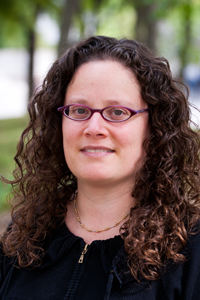
Dr. Cindy Rottmann, Troost ILead's Associate Director of Research, discusses a phenomenal year in research.
What's the most significant research highlight of 2019–2020 in your view?
In my view, the most significant highlight of the 2019-2020 academic year is that we have reached the point of maturity as an engineering leadership research team to attract two strong doctoral students—Dimpho Radebe and Victoria Kerr—both of whom will be supervised by Professor Emily Moore. Dimpho and Victoria have joined the growing cohort of engineering education graduate students at U of T, alongside those supervised by Professors Alison Olechowski and Patricia Sheridan.
U of T is seen as being on the forefront of engineering leadership research internationally. How would you summarize the growth of ILead’s research program over the past 10 years?
In contrast to other fields of study which have historically transitioned from theory to practice, research on engineering leadership began as a practice.
In 2011, Troost ILead's founding director Professor Doug Reeve hired a team of social science researchers to study how engineers lead in workplace contexts. Over the past 10 years, we have matured from an “entrepreneurial” startup to an internationally recognized engineering leadership lab. The growth of our research team is evidenced by accelerated productivity in recent years—24 of our 48 peer reviewed contributions were published in the 2019–2020 academic year. One of our most highly cited publications, a theory of leadership identity grounded in engineers’ professional practice, has reached audiences in the United States, Australia, South Africa, Singapore and parts of Europe.
Returning full circle from research to practice, we have integrated an inventory based on our findings into the undergraduate curriculum and professional development offerings. None of this would have been possible without the support of the Dean’s Strategic Fund and our Engineering Leadership Community of Practice.
Looking back on ILead’s research program over the past 8-10 years, what strikes you as surprising?
What has surprised and delighted me personally over the past eight years has been the professional satisfaction I have derived from interdisciplinary partnerships with engineers. As engineers and social scientists grapple with practical and intellectual problems through discursive and paradigmatic differences, we collaboratively build capacity for an emergent field with deep disciplinary roots.
Is there anything else you'd like to convey to readers?
Yes, gratitude. I’d like to thank anybody who has read this far for your interest in and support of Troost ILead research. If you have a few more hours to spare, please grab your favourite warm beverage and dive into one of the many ILead Publications stored on our T-Space repository. We welcome your feedback.
The future of workplace collaboration has arrived early, according to Professor Alison Olechowski
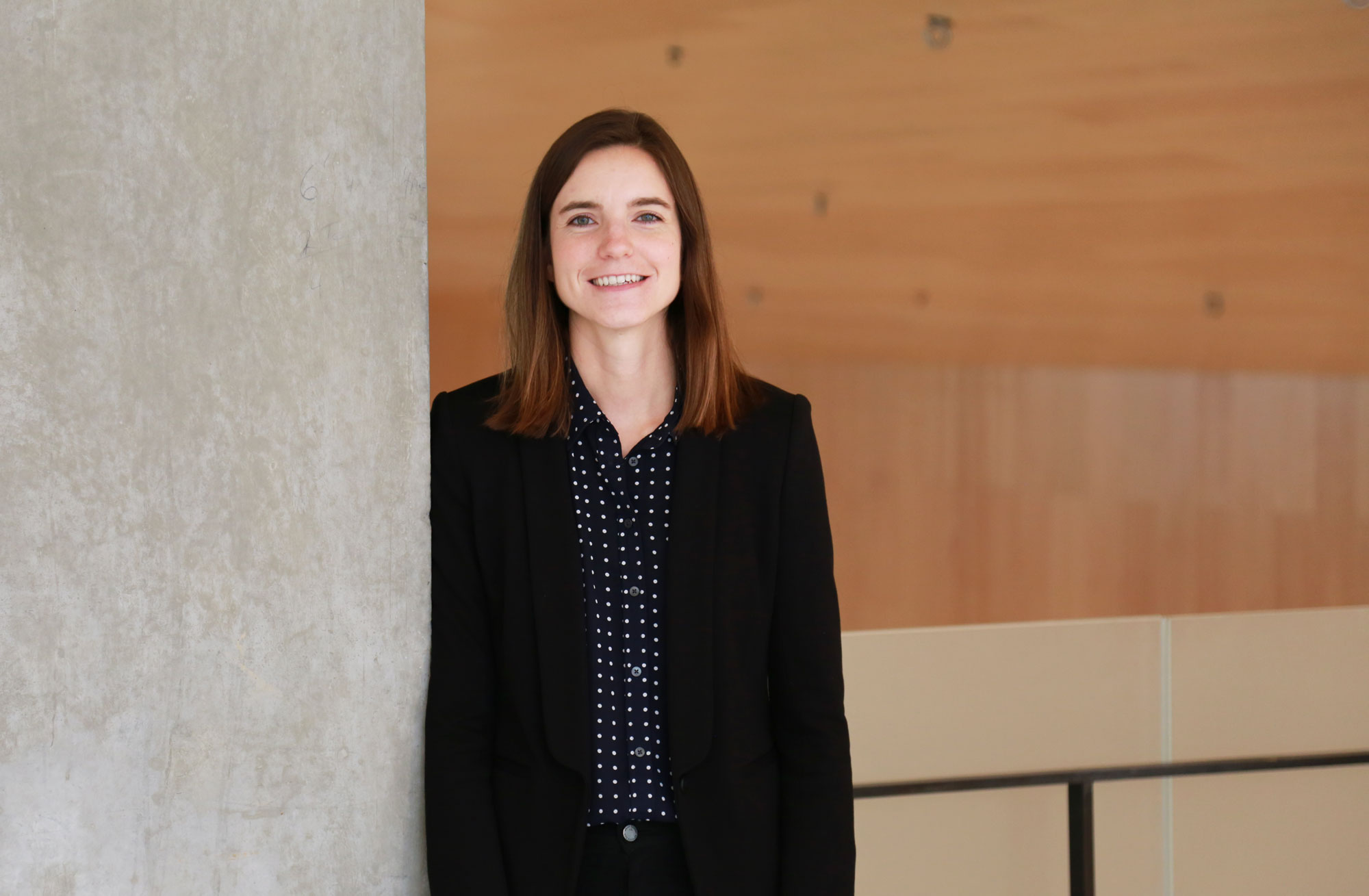
Troost ILead's Professor Alison Olechowski spoke to writer Liz Do at U of T Engineering News about how engineers can continue innovating while working from home in an interview with U of T Engineering News, published April 2020 during the height of the international shutdown. In her interview, Olechowski shares insights for engineers navigating the challenges digitally mediated work presents to individuals and to teams.
Olechowski studies the future of work. At our Ninth Conference on the Leader Engineer in November 2019, she discussed emerging trends in virtual collaboration with Troost ILead’s corporate partners. Her research talk illustrated the implications of shifting workplace technologies and norms for engineering teams and organizations.
Believe it or not, there’s a study that was done that shows that sharing an embarrassing story with your team can increase your creativity, compared to sharing a moment of pride, and that when a team leader is the sharer, the whole team is more prolific in its brainstorming.
—Professor Alison Olechowski says to U of T Engineering News, April 2020
Troost ILead's research team had a milestone year in 2019–2020, highlighted by several invited talks and a SHRRC Partnership Engage Grant.
Corporate partnerships: Lunch. Learn.

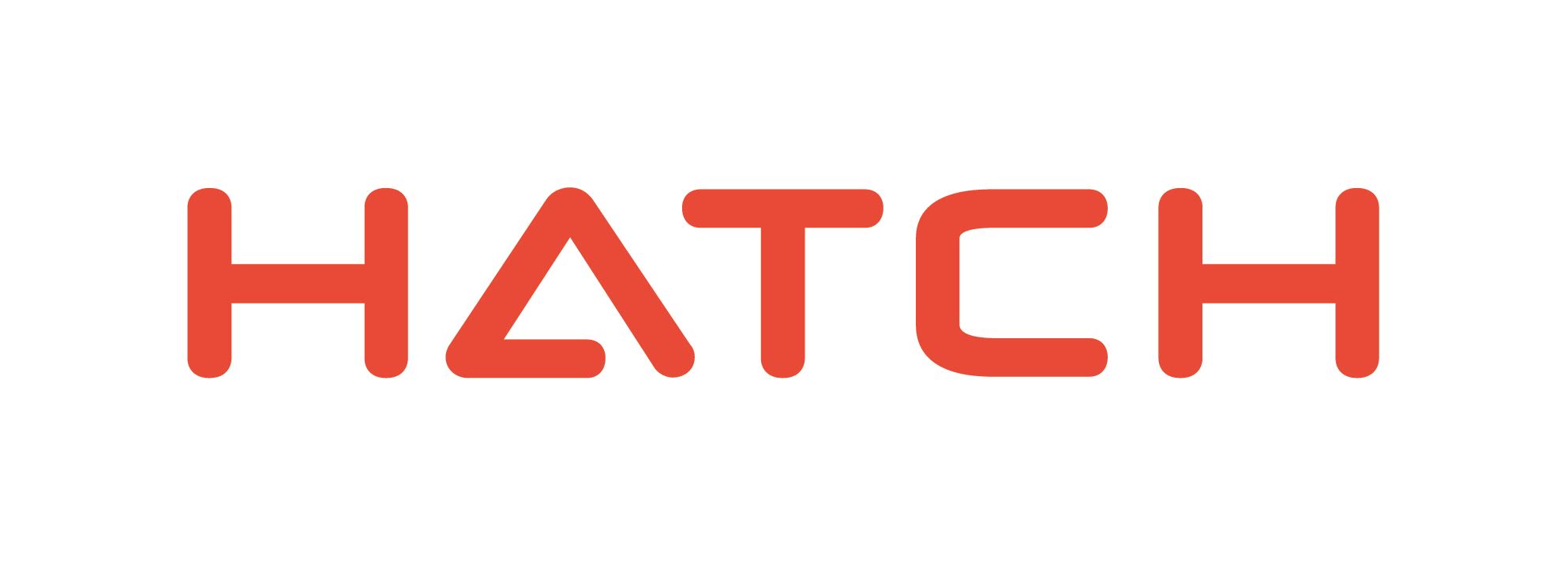



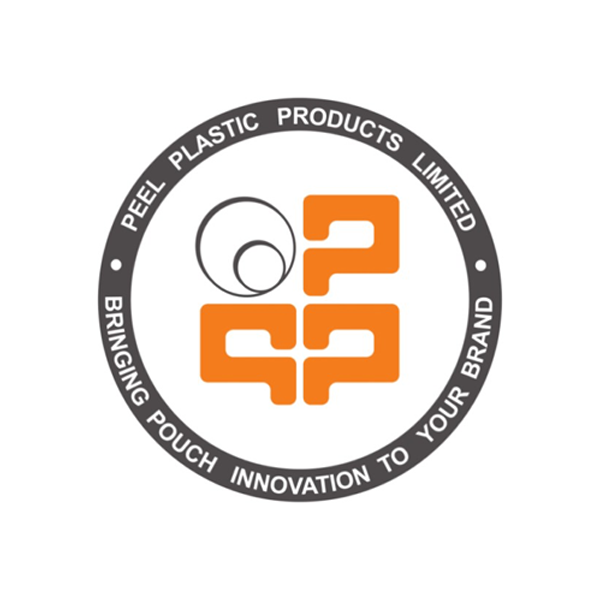
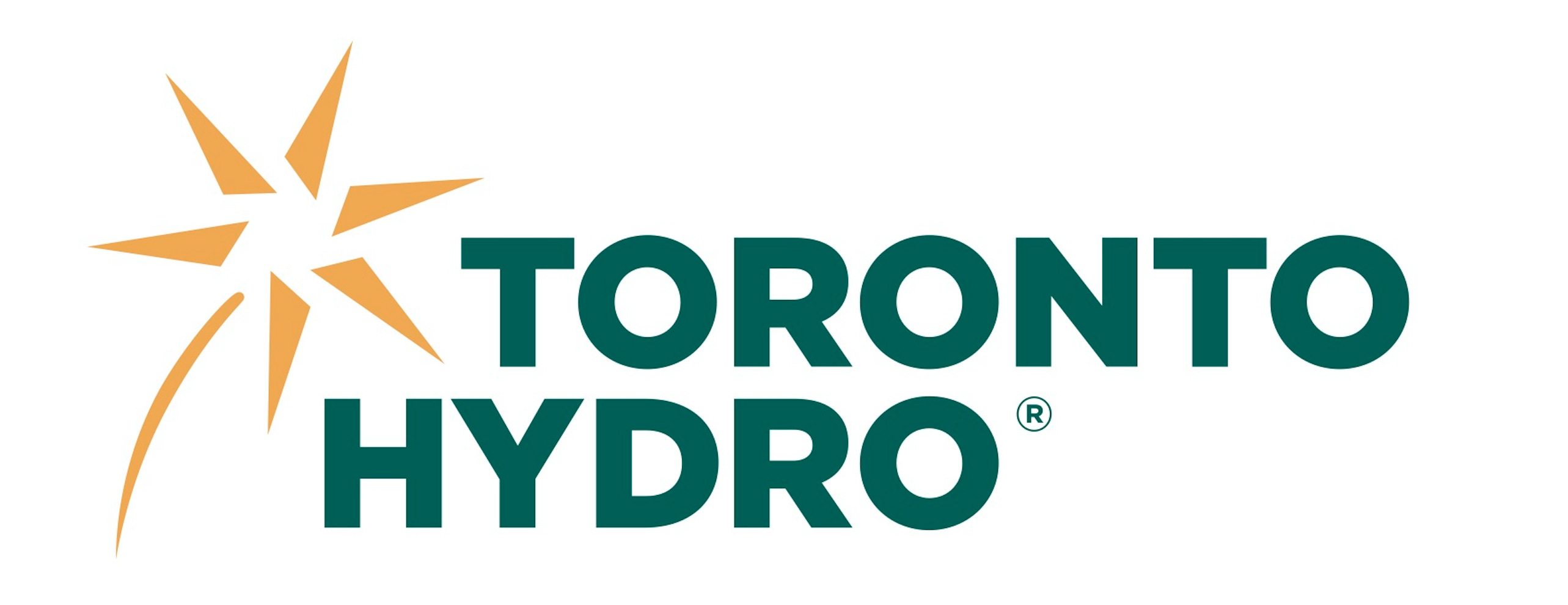
Time is valuable. To help our Community of Practice partners and their employees maximize learning during work hours, we delivered "Lunch and Learn" workshops to over 250 professionals.
In 2019–2020 we ramped up support to our Community of Practice partners by delivering fully customized professional development workshops for their engineers and professionals. This year we reached over 250 industry professionals using in-person and online programming, the latter often including international audiences.
Several partners reached out to us asking if we can help them address specific challenges they were facing, or to support existing learning and development efforts.
We worked closely with senior HR leaders and engineering managers to understand their employees’ pain points. We then designed and delivered interactive workshops that brought people together and provided them with new tools to lead their teams.
Thank you for an informative and interactive session. It was reflective and created constructive conversations during the session and afterwards ... From the feedback, it seems people have really enjoyed the work you put forth!
—Hatch Engineer
Topics varied. One session taught participants how to leverage team strengths. Another taught people how to have effective conversations where conflict is a high possibility. Other sessions focused on more abstract yet equally critical topics such as effectively influencing others without authority and how to advocate for oneself during performance reviews.
The trust of our Community of Practice partners is something we cherish. It’s only with this trust, built through years of research collaboration and ongoing consultation, that we have the depth of organizational understanding required to support their highly context-dependant needs.
Our 2019–2020 Annual Review is dedicated to Professor Doug Reeve, Founding Director of Troost ILead
We dedicate this year's annual review, Inspiring Leadership 2019/2020, to our founding director, Professor Doug Reeve, in recognition of his retirement from the University of Toronto’s Department of Chemical Engineering & Applied Chemistry. We warmly congratulate him on his extraordinary career.
Now as Professor Emeritus, Doug is guiding the growth and direction of the National Initiative on Capacity Building and Knowledge Creation for Engineering Leadership (NICKEL), a network of engineering programs from across the country that seeks to integrate leadership learning into engineering education and practice. We are grateful to be an active member of this community under Doug's stewardship.
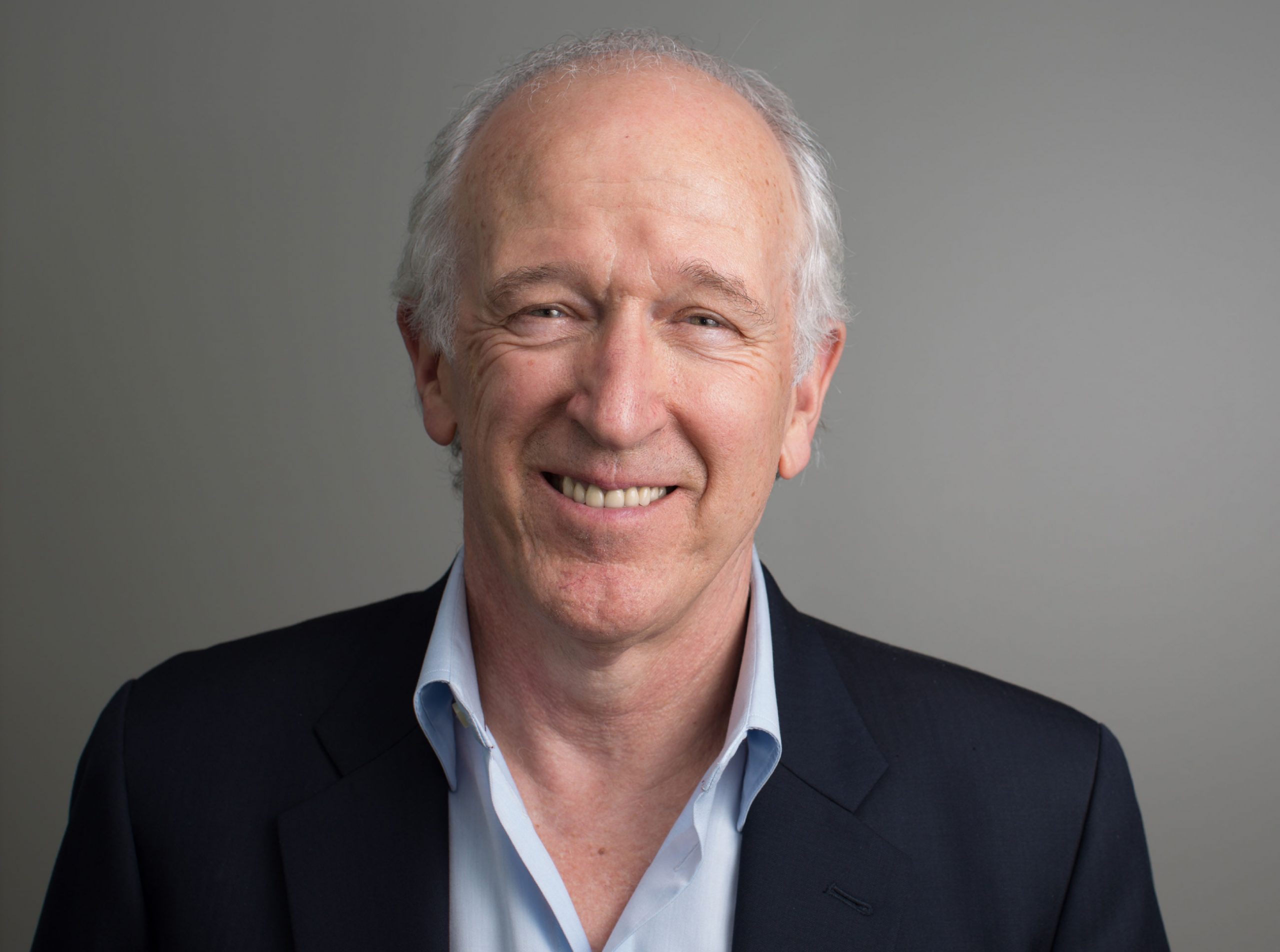
Thank you — see you in 2021!
Find out how you can support Troost ILead.
We're glad to see you've made it this far. Inspiring Leadership is the annual review produced by the Troost Institute for Leadership Education in Engineering, Faculty of Applied Science & Engineering at the University of Toronto. It covers the period from May 2019 to April 2020.
If the people and the work you've just read about has inspired you, please get in touch with us to learn how you can support our work. We'd love to hear from you.




